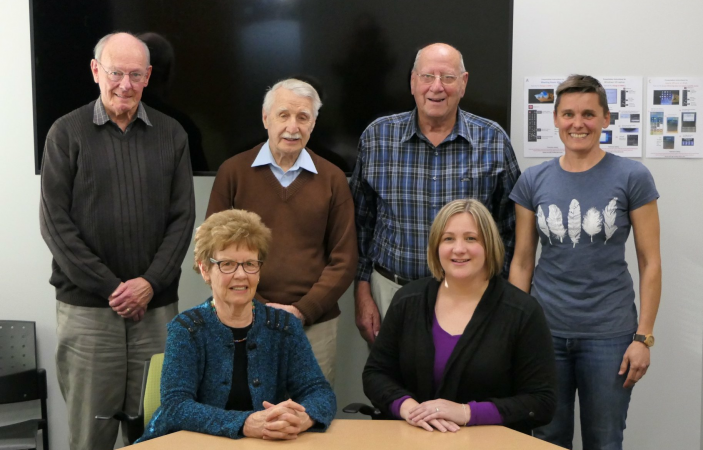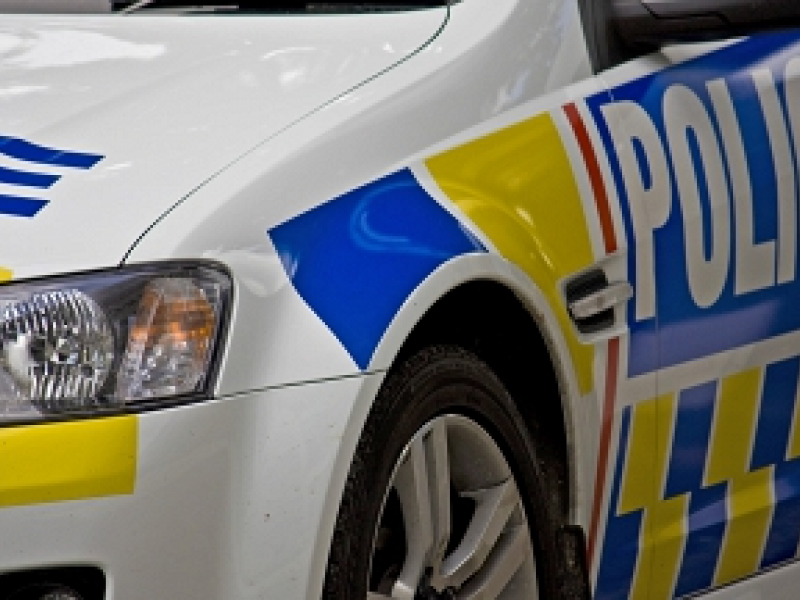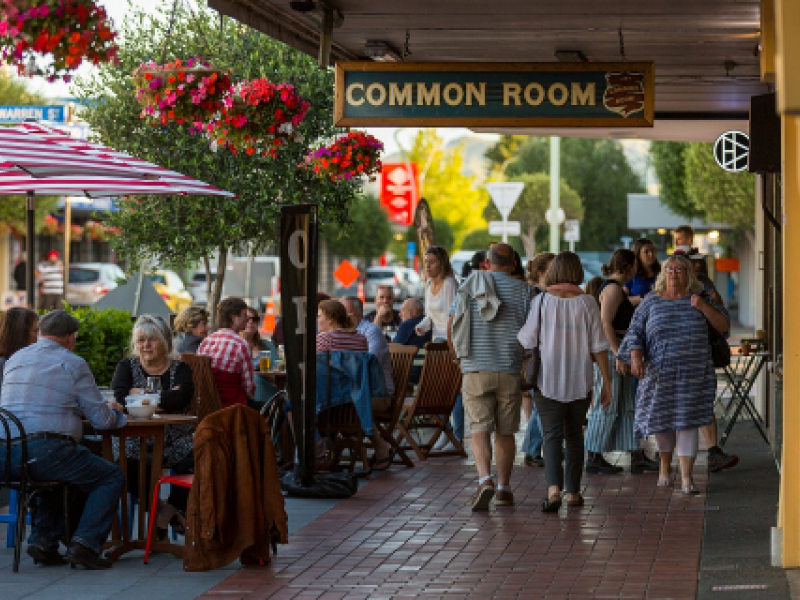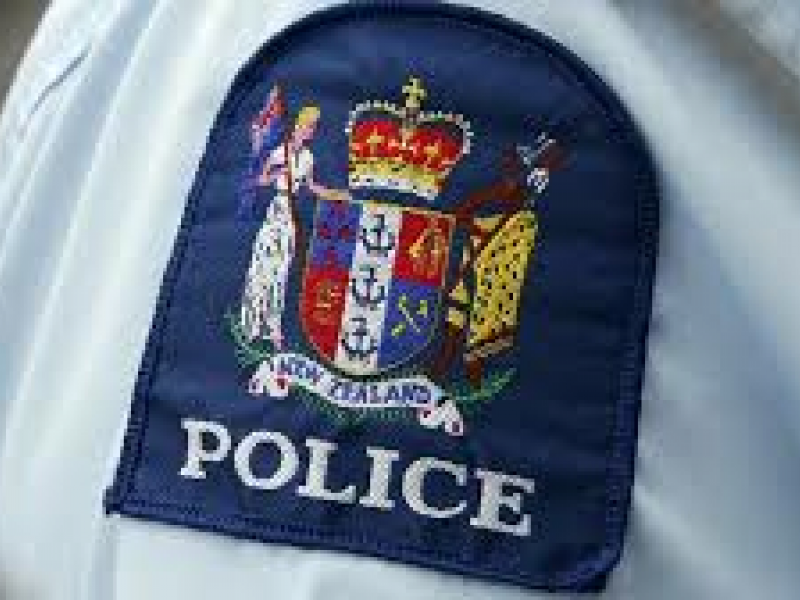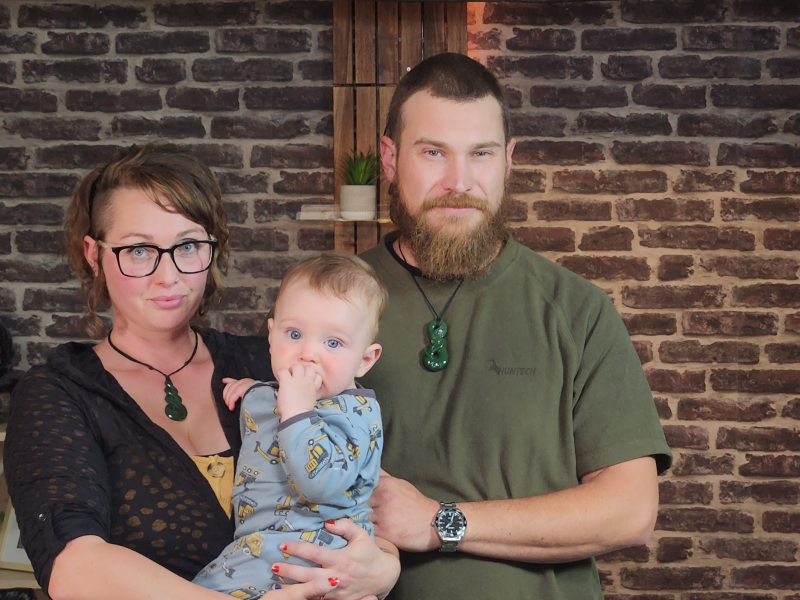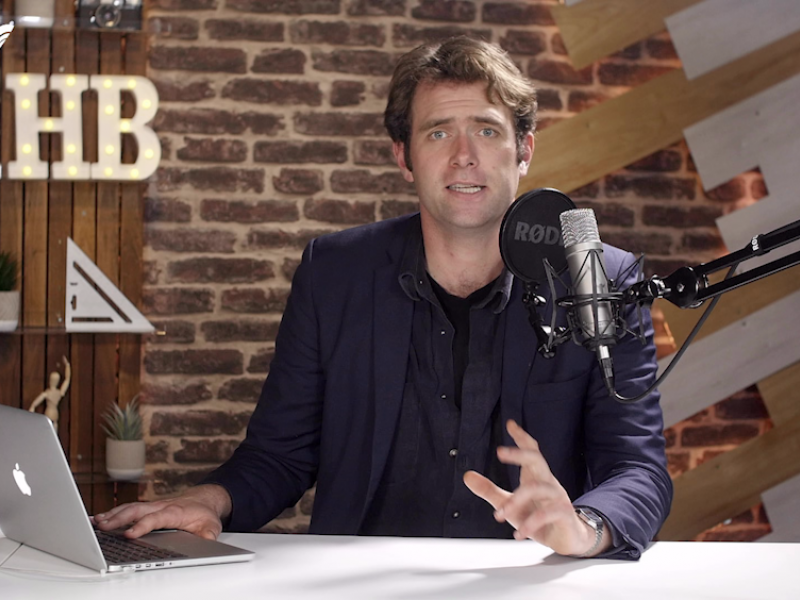Opinion: One in ten older people in NZ victims of elder abuse
Gandhi once said that “the true measure of any society can be found in how it treats its most vulnerable members”.
What a scathing indictment it is then that one in ten older people in New Zealand will experience some form of elder abuse. So prevalent is the issue that June 15 is officially
recognised as World Elder Abuse Awareness Day.
In Hawke’s Bay, the social work team at Age Concern Hawkes’ Bay (just one of four Age Concern’s that operate in the region) have received 330 elder abuse referrals over the past twelve months.
However only a very small number of cases are ever reported.
Elder abuse comes in many forms. While physical and sexual abuse may be easier to identify, it is the more subtle psychological and financial abuse and neglect that are more widely unreported and
unrecognised.
Withholding food, housing, social connections, or medical care, threatening or humiliating older persons or illegally accessing or pressuring the provision of funds are all examples of everyday,
shameful abuses that only one in fourteen victims will report.
Why do so many of our seniors suffer in silence? In many cases, it is because of their reliance on their abuser. Sadly, 84 per cent of perpetrators of reported elder abuse are family members of the victims. In 57 per cent of those cases, seniors share a home with their abuser.
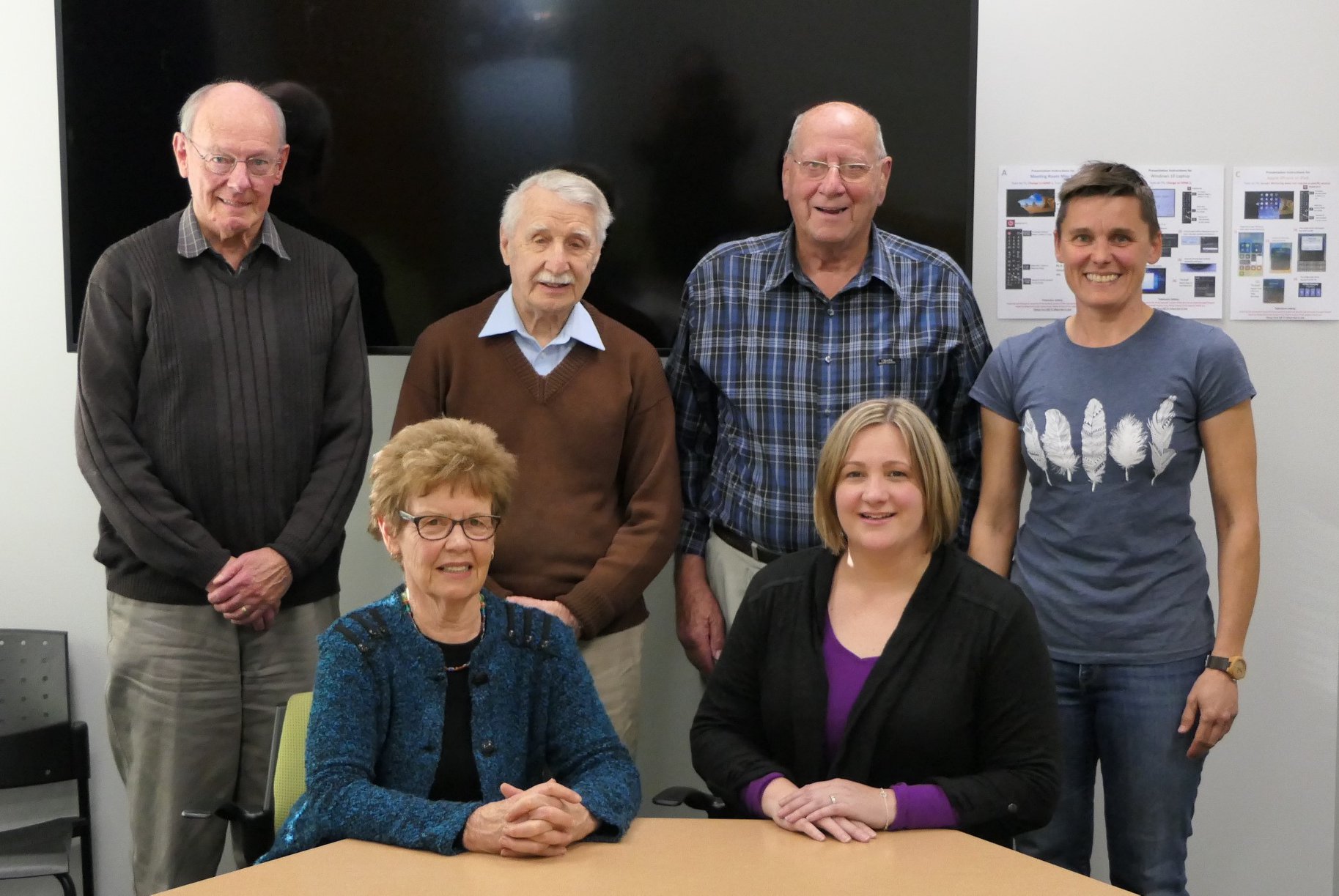
Positive Ageing Trust Hawke’s Bay Board: Bruce Carnegie (President of Grey Power Napier), Les Hewett (Age Concern volunteer), Ron Wilins (President of Grey Power Hastings),
Eve Vernik (Trust Administrator), Cr Maxine Boag (former trustee) and Wendy Schollum (Trust chair and Hastings District councillor). Photo/Supplied.
Other common barriers to reporting abuse are feelings of shame, not knowing who to contact for help, not wanting to “make a fuss”, or fear the abuse will get worse. Worse still, some cannot report
the abuse at all because they have an illness that prevents it (such as dementia).
We all have a role to play in identifying abuse and speaking up for and protecting those who are vulnerable.
The best way to identify elder abuse is behaviour. Tell-tale signs of abuse include changes in eating habits, disturbed sleep, fear of a particular person (especially avoiding eye contact), a tendency to
let someone else speak of them or a rigid posture.
If you are concerned about how an older person is being treated, don’t ignore your gut or dismiss it as “none of my business”. Instead, call the 24/7 Elder Abuse Response Service helpline on 0800 EA
NOT OK (0800 32 668 65) or your nearest Age Concern (on 0800 65 2 105). Both provide free, confidential assistance from elder specialists.
If you choose to discuss suspected abuse with a potential victim yourself, listen and give support, rather than giving advice. It is also important to remember that shame may prevent a victim from identifying abuse, so keep reaching out and call one of the helplines above if your concerns continue. Together we can ensure our elder community enjoy the respect and safety they deserve.
Wendy Schollum is a Hastings District councillor and chair of the Positive Ageing Trust Hawke’s Bay.
The opinions expressed in this opinion piece are the writer's and not that of Hawke's Bay App.

